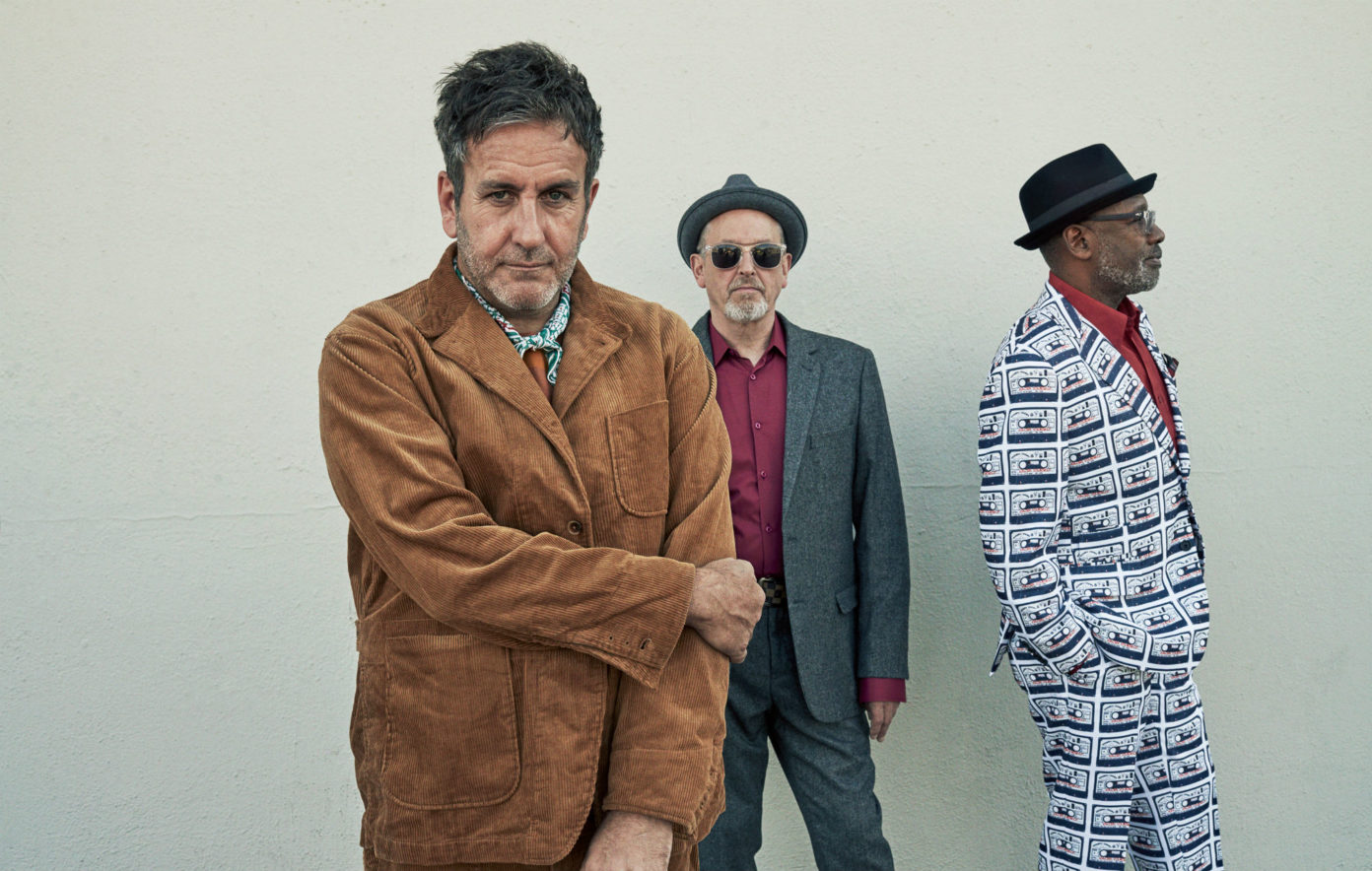The Specials

The Specials were the fulcrum of the ska revival of the late ’70s, kick-starting the 2-Tone movement that spurred a ska-punk revolution lasting for decades. As influential as they were within the realm of ska, the group and its impact can’t be reduced to that genre alone. The Specials were one of the defining British bands of new wave, expanding the musical and political parameters of rock & roll. Protest was an integral part of the group, particularly their initial lead songwriter Je...
The Specials were the fulcrum of the ska revival of the late ’70s, kick-starting the 2-Tone movement that spurred a ska-punk revolution lasting for decades. As influential as they were within the realm of ska, the group and its impact can’t be reduced to that genre alone. The Specials were one of the defining British bands of new wave, expanding the musical and political parameters of rock & roll. Protest was an integral part of the group, particularly their initial lead songwriter Jerry Dammers, who chronicled the tensions of the Margaret Thatcher era on such hit singles as “Ghost Town.” The Specials balanced these barbed messages with an inspired rallying call to party and impeccable sense of style embodied by Terry Hall, a lean, laconic singer who split vocal duties with the nore exuberant Neville Staple. Hall left the group in 1982, prompting the band to rebrand itself as the Special AKA — one of many lineup changes that sometimes coincide with alterations in the group’s name. The Specials split in 1984, and while Dammers never returned to the fold, Staple, Lynal Golding, Horace Panter, John Bradbury, and Roddy Radiation revived the Specials a number of times before Hall came back aboard in 2008, prompting a reunion that lasted for years.
The Specials, headed by Golding, Panter, and Hall, released Encore — their first album of new material since their reunion — in early 2019.